Types of Rocks Used in Crushing Plants
Different types of rocks used in crushing plants for various construction projects. Crushing and screening plants play a crucial role in the construction, mining, and industrial sectors. These plants process different types of rocks as raw materials to create aggregates, which are used in various applications, from construction to manufacturing. Different types of rocks are employed in these plants, each possessing unique characteristics that influence their suitability for specific tasks.
Understanding the raw material specifications of rock and stone is critical in optimizing the performance of crushing and screening plants.
Understanding the Mohs Scale
The Mohs scale of mineral hardness is a qualitative ordinal scale that characterizes the scratch resistance of various minerals through the ability of harder materials to scratch softer ones. It was created in 1812 by the German geologist and mineralogist Friedrich Mohs. The scale runs from 1 (the softest) to 10 (the hardest), with each number representing a specific mineral:
Here is an overview of the commonly used rocks, their properties, where they are found, and their applications:
Granite
Characteristics: Hard, durable, and resistant to abrasion. Known for its crystalline structure.
Hardness: 6-7 on the Mohs scale.
Compressive Strength: 100-250 MPa.
Density: 2.63-2.75 g/cm³.
Found In: USA, Canada, India, China, Brazil, and South Africa.
Uses: Construction (especially in road and bridge building), decorative cladding, tombstones, and sculpture.
Basalt
Characteristics: Dense, hard, and durable volcanic rock. Resistant to high pressure.
Hardness: 6-7 on the Mohs scale.
Compressive Strength: 100-300 MPa.
Density: 2.8-3.0 g/cm³.
Found In: Turkey, Italy, Germany, India, China, and the USA.
Uses: Road construction (as fill material), railway ballast, asphalt aggregate, and concrete additive.
Limestone
Characteristics: Soft and easily workable. Resistant to water and weather conditions.
Hardness: 3-4 on the Mohs scale.
Compressive Strength: 30-250 MPa.
Density: 2.3-2.7 g/cm³.
Found In: Turkey, USA, China, India, Mexico, and Australia.
Uses: Cement production, construction materials (concrete and mortar), soil conditioner in agriculture, and calcium carbonate production in the chemical industry.
Quartzite
Characteristics: Hard and durable. Resistant to chemical and physical weathering.
Hardness: 7 on the Mohs scale.
Compressive Strength: 150-300 MPa.
Density: 2.6-2.8 g/cm³.
Found In: Norway, USA, Brazil, India, and South Africa.
Uses: Construction, glass production, ceramics industry, and iron and steel industry.
Marble
Characteristics: Known for its aesthetic and decorative appearance. Easily workable and polishable.
Hardness: 3-4 on the Mohs scale.
Compressive Strength: 70-140 MPa.
Density: 2.5-2.7 g/cm³.
Found In: Turkey, Italy, Spain, Greece, Brazil, and India.
Uses: Interior and exterior cladding, sculpture, furniture, and decoration.
Type and size of your raw material is crucial for desinging the crushing and screening plant!
Distribution and Applications
- Construction and Road Building: Rocks like granite, basalt, and limestone are frequently used for their durability and longevity.
- Cement and Concrete Production: Limestone is a primary material for cement production, while basalt and granite are used as concrete additives.
- Decoration and Architecture: Marble and granite are widely used in interior and exterior decoration and architectural projects due to their aesthetic appeal.
- Industrial Uses: Quartzite is used in the glass and ceramics industries, while basalt is used in railway ballast and asphalt aggregate.
Conclusion
The rocks used in crushing and screening plants have a wide range of applications, from construction and road building to industrial uses.
Each rock type's unique properties, locations where they are found, and specific uses determine their preferred applications.
Proper use of these rocks enhances the quality and durability of projects. Before determining the properties of your project these are some of the most important points to arrange tailored offer.
For other details read our blogs.
Reach us for more information for your Crushing and Screening Plant.


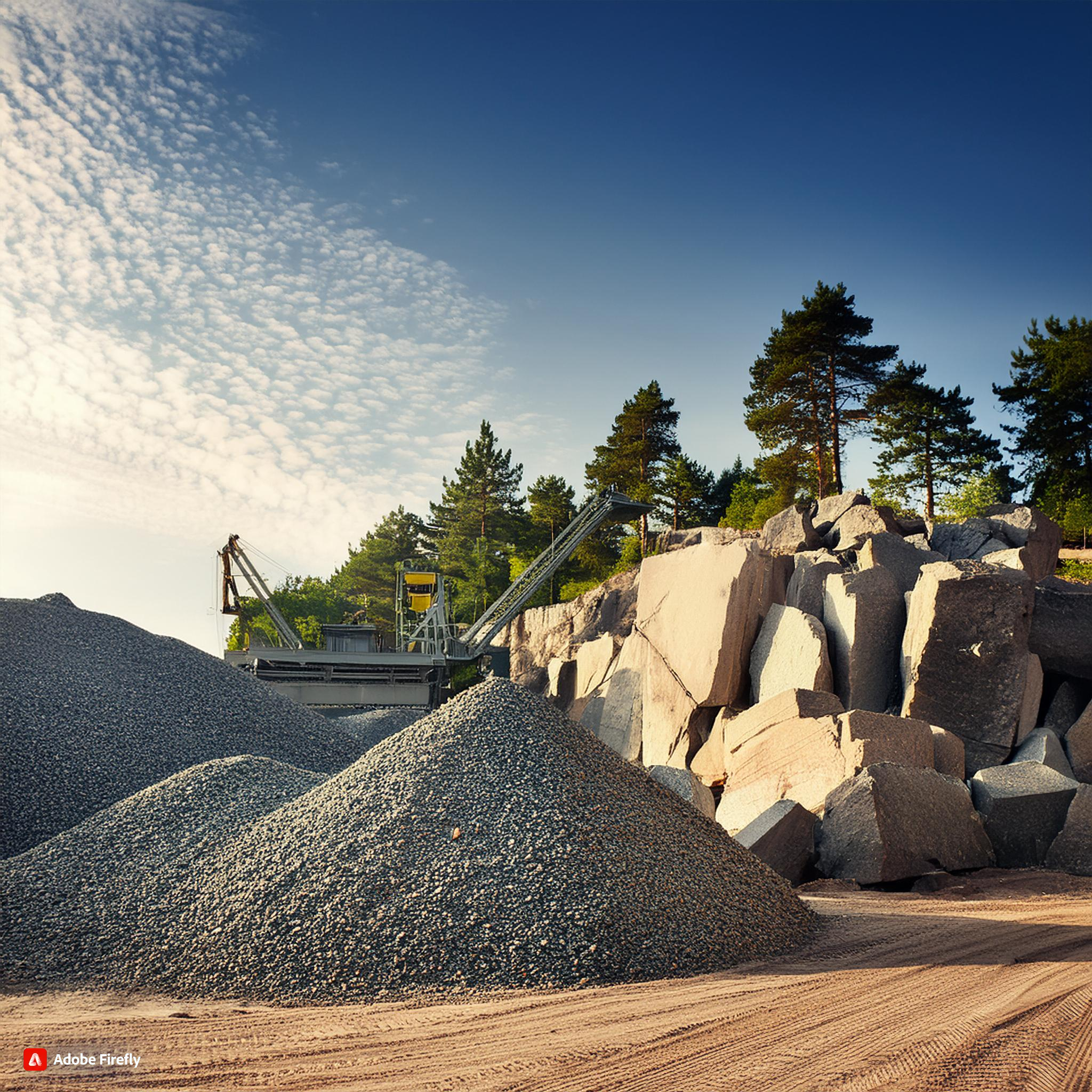
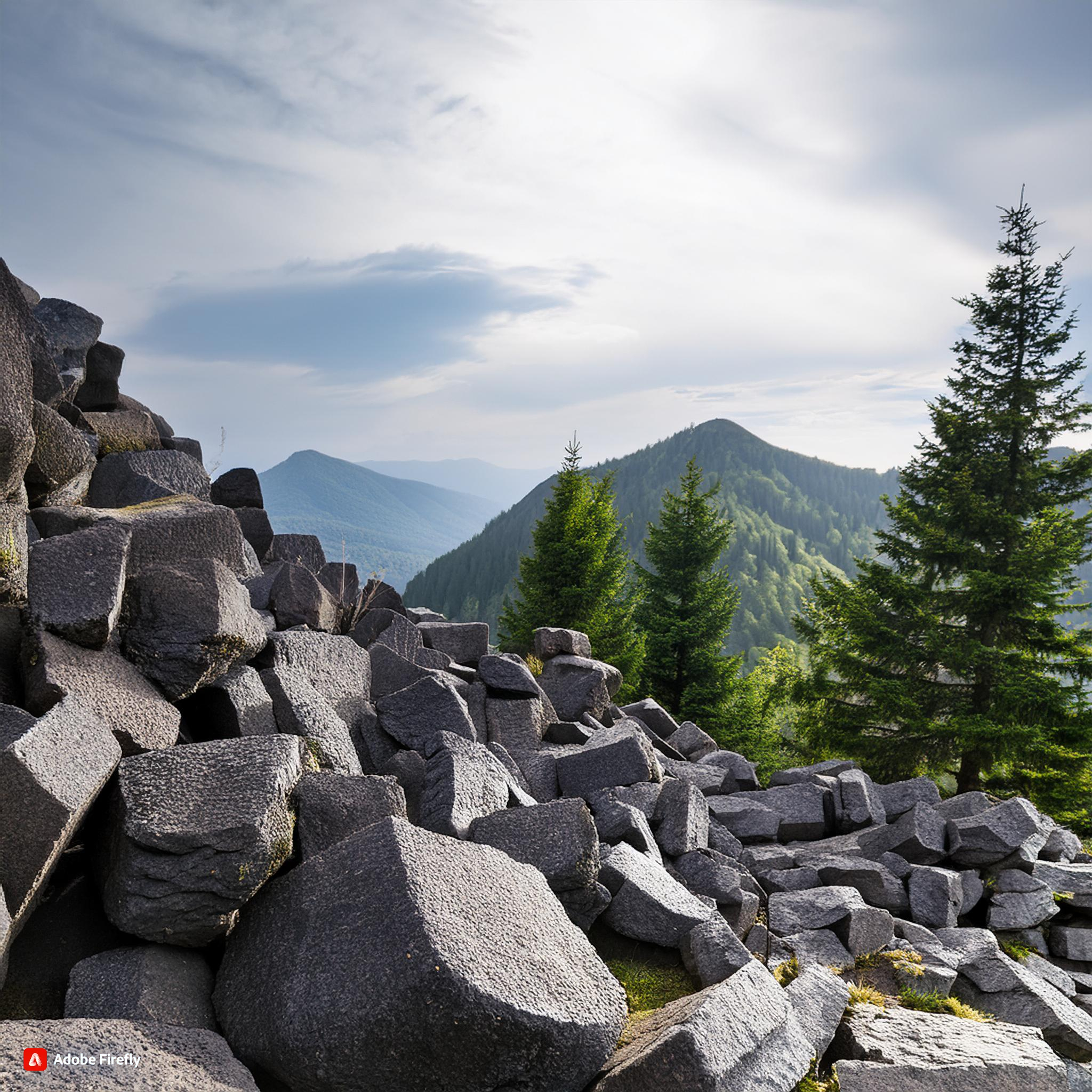
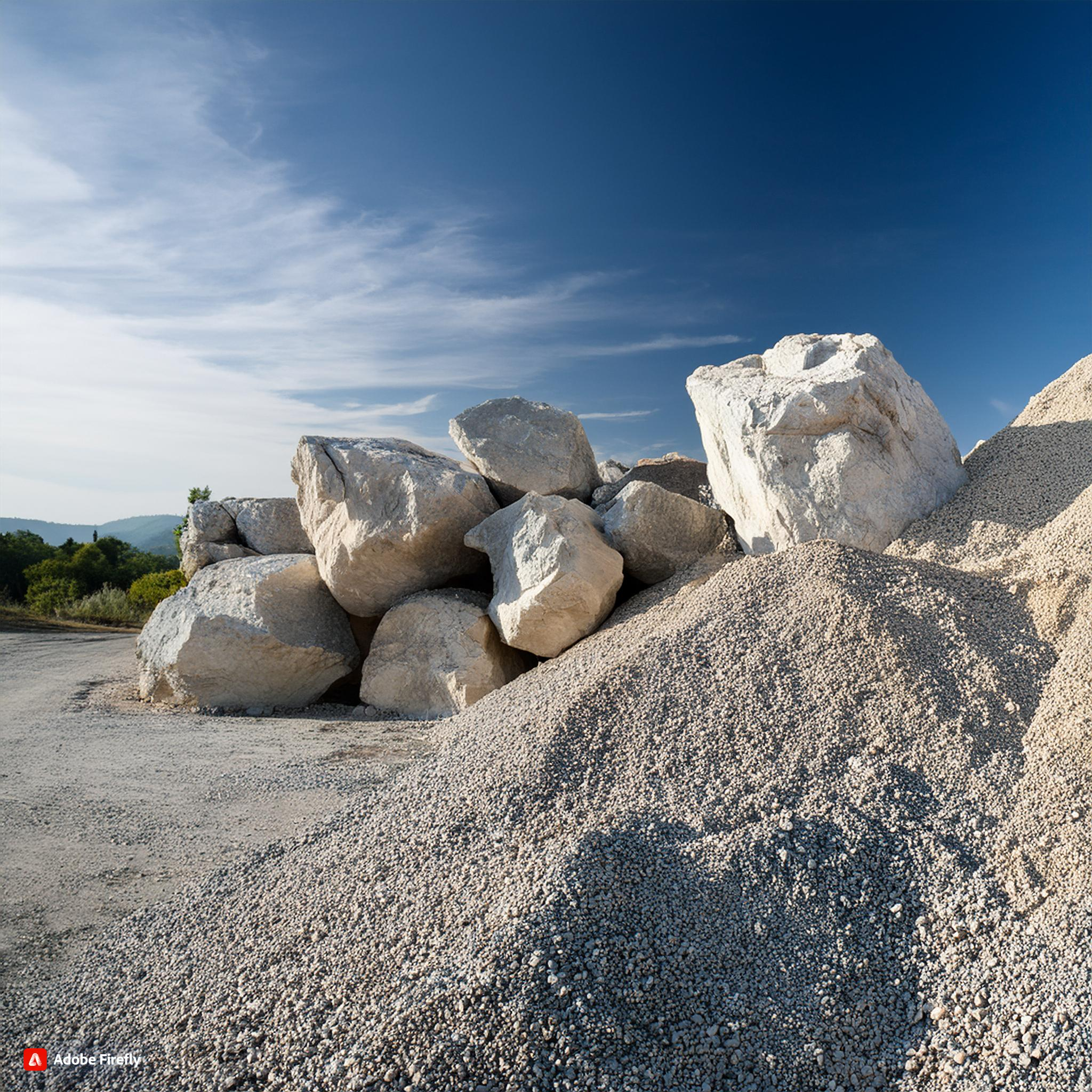 Limestone
Limestone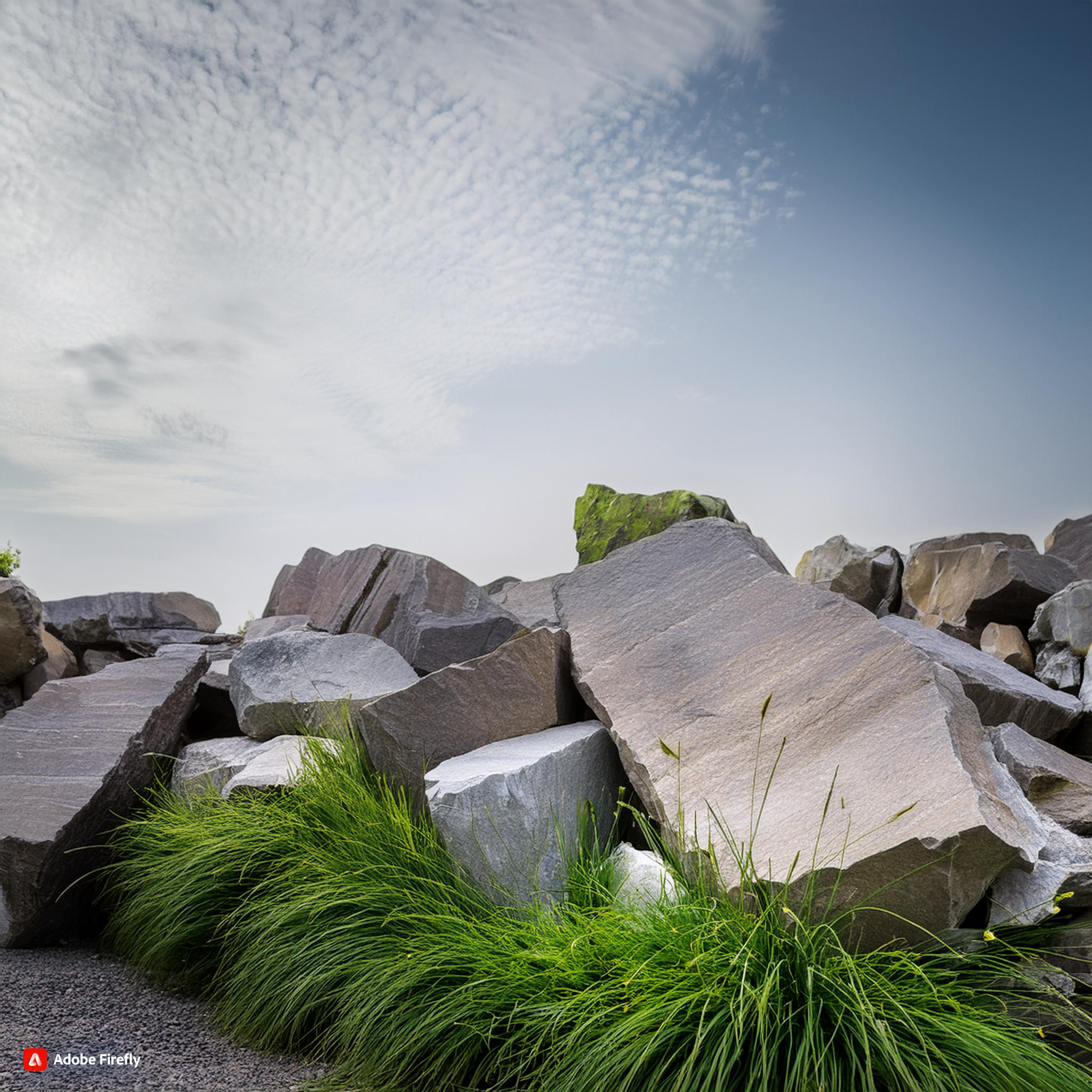 Quartzite
Quartzite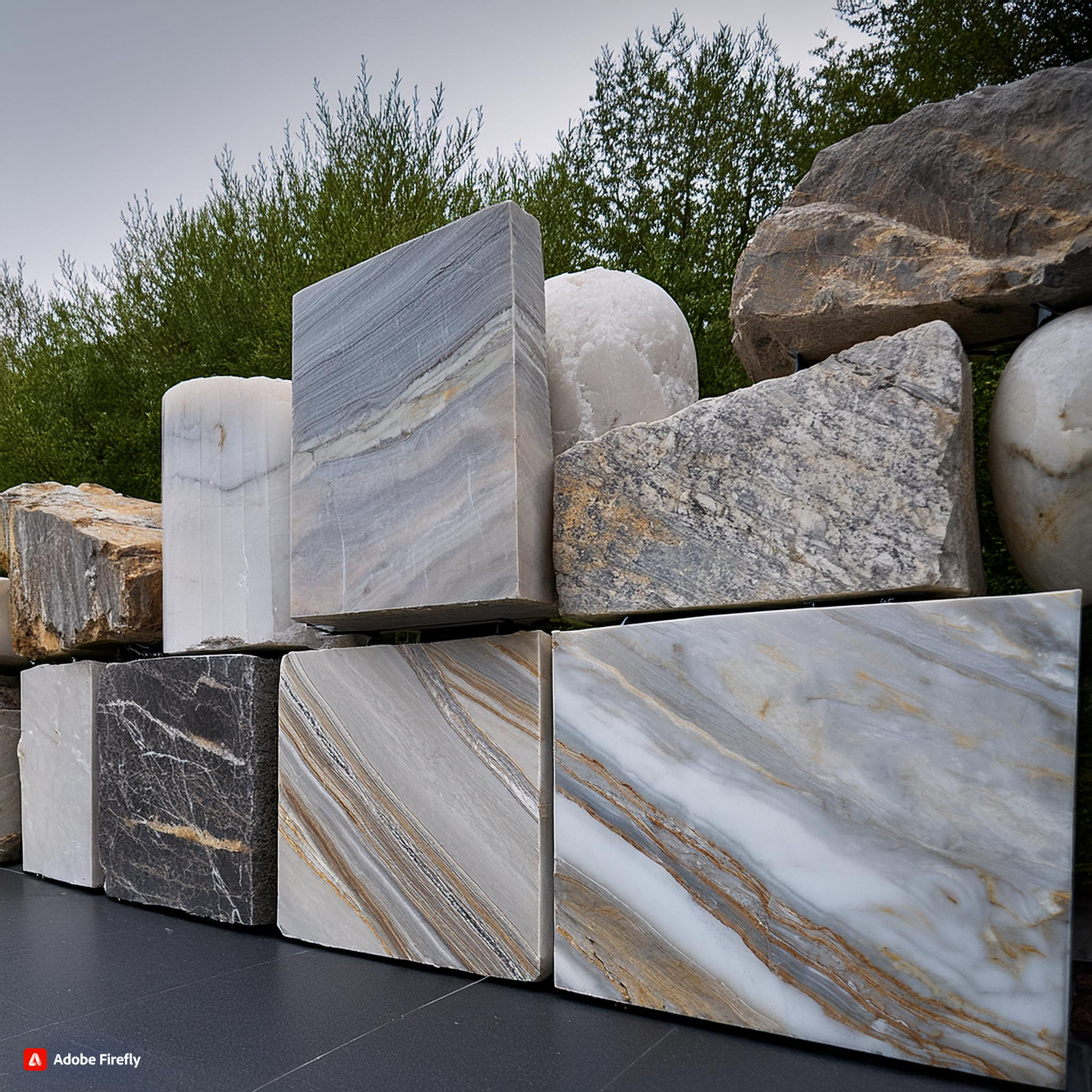 Marble
Marble